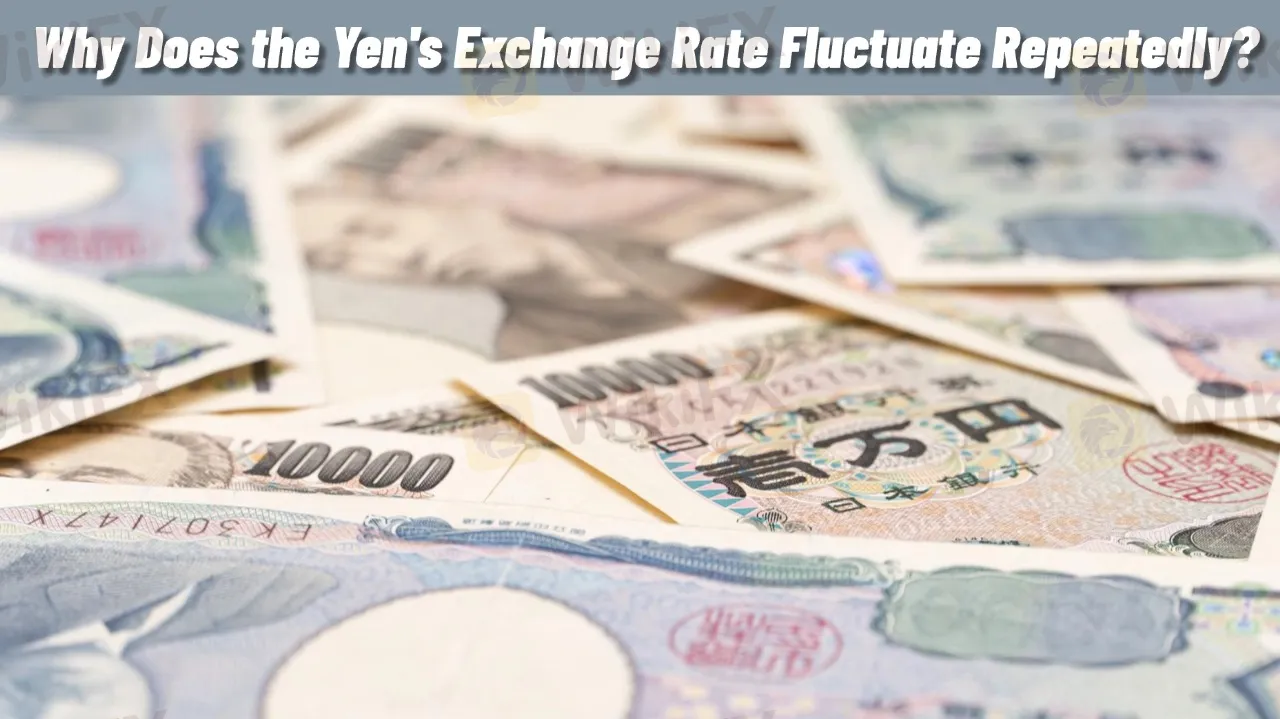简体中文
繁體中文
English
Pусский
日本語
ภาษาไทย
Tiếng Việt
Bahasa Indonesia
Español
हिन्दी
Filippiiniläinen
Français
Deutsch
Português
Türkçe
한국어
العربية
Why Does the Yen's Exchange Rate Fluctuate Repeatedly?
Abstract:JPY Exchange Rate Fluctuations: How Should Investors Respond?

Recently, the Japanese yen has experienced continuous fluctuations, briefly depreciating to around 151 yen per U.S. dollar on March 25. Shifting market expectations regarding U.S. trade policies have led to an unclear direction for the yen‘s movement. Although some tariff measures have been eased, market sentiment remains cautious, causing repeated short-term volatility in the yen’s value.
The yen's instability stems from multiple complex factors. First, U.S. trade policies may simultaneously drive inflation and curb economic growth, leading to fluctuating expectations for the U.S. dollar. Second, the monetary policies of the Bank of Japan and the Federal Reserve remain uncertain—while the BOJ may consider rate hikes, the Fed faces potential rate cuts. Changes in interest rate differentials significantly impact market trading strategies. Additionally, speculative capital moves rapidly in and out of the market, amplifying short-term fluctuations and making it difficult for the yen to establish a stable trend.
How Can Investors Navigate Market Volatility?
Amid sharp exchange rate fluctuations, investors should closely monitor interest rate policies in both Japan and the U.S. and adjust their trading strategies based on market expectations. In uncertain conditions, short-term traders can capitalize on price swings, while long-term investors should carefully time their entries to avoid excessive exposure during periods of heightened market sentiment. Additionally, prudent risk management is essential to prevent unnecessary losses from sudden market shifts.

Disclaimer:
The views in this article only represent the author's personal views, and do not constitute investment advice on this platform. This platform does not guarantee the accuracy, completeness and timeliness of the information in the article, and will not be liable for any loss caused by the use of or reliance on the information in the article.
Read more

Tariff Headlines Move Markets: What Every Forex Trader Should Know
How does news impact forex trading? From interest rate changes to tariffs, global events influence currency markets daily. This article explains trading strategies for news-driven volatility.

IQCent: Unable to Withdraw? What Investors Need to Know
Recent discussions in online communities have raised serious questions about IQCent—a platform that has come under fire for its alleged withdrawal issues and questionable reliability. According to WikiFX, IQCent has received an alarmingly low trust score of 1.49/10, prompting many investors to rethink their involvement with this platform.

Institutional Trading Accelerates Amid Market Volatility in Q1 2025
As global markets weathered a fresh wave of volatility in early 2025—driven by renewed geopolitical uncertainty and trade policy shifts—institutional trading activity surged across the board. The first quarter ended on a high note, with March delivering a particularly strong performance for both foreign exchange (FX) platforms and electronic brokerages.

Nigeria’s Central Bank Releases 2024 Balance of Payments and Future Targets
In 2024, Nigeria flipped its balance of payments from deficit to surplus—marking a rebound in confidence and policy effectiveness.
WikiFX Broker
Latest News
Swiggy, Zepto: Are 10-minute online deliveries killing the Indian corner shop?
Farewell to the Dollar? Forex Market Speeds Toward De-Dollarization
Innovate Finance Extends Congratulations on WikiEXPO’s Success
Institutional Trading Accelerates Amid Market Volatility in Q1 2025
Tariff Headlines Move Markets: What Every Forex Trader Should Know
Consob Orders Blackout of 7 Abusive Financial and Crypto Websites
Oil Prices Plunge Again: What's Going On in the Market?
Inside the World of Prop Trading | What You Need to Know
Binance Ex-CEO Changpeng Zhao Joins Pakistan's Crypto Council
Lithuania Fines Revolut €3.5M for Money Laundering Failures
Currency Calculator


